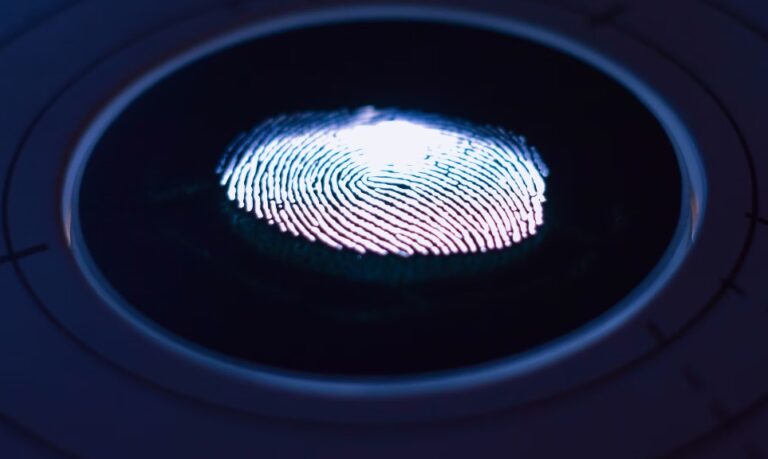One of the seemingly most practical ways to use, unlock and keep your smartphone protected today is the use of your biometric data, such as fingerprints and facial features.
But are we right to use them so often? So let’s find out if biometric recognition is really safe, what its indisputable advantages are but also if it presents risks for our privacy, which we should keep an eye on.
Table of Contents
Is biometric recognition safe? Here are 4 rules to keep in mind
If you are not sure you know the advantages and possible risks of biometric recognition, the time has come to clarify. The new technology brings considerable potential, but the dangers are around the corner. Here are some rules to keep in mind, for a more conscious use.
Biometrics overcome weak passwords
The main reason why biometric recognition is used so widely by smartphone manufacturers actually highlights security. As? Simple, avoiding passing by weak passwords.
The majority of cyber attacks still occur today by discovering or stealing user passwords. This practice becomes even easier for cybercriminals when the password is weak, for example if it is a common word, a date of birth or otherwise does not include numbers and special characters. Even worse if you don’t use 2-factor authentication.
Biometrics have possibilities for errors, even risky ones
Using a fingerprint or your face to unlock your phone is no longer a science fiction thing like in the movies of many years ago. But life is not a movie and in reality even these advanced processes can be imprecise or even make big mistakes due to technological flaws.
There are two types of errors. Rejecting the person who should have been authorized, for example when we place the fingerprint but the system does not “take” it and asks us to try again, or approving a person who is not authorized at all.
If the first mistake can be remedied by typing the password with numbers (almost always present as an alternative), it goes without saying that the second mistake can be very dangerous. In that case, the device can be used comfortably by anyone.
The technology, unfortunately, still needs to be improved. Therefore, let’s be careful and not abuse biometrics, above all let’s not use it as the only means for all our online access or it risks becoming dangerous.
Biometrics is extremely practical and fast
We’ve always known that passwords are a kind of necessary annoyance. Of course, we wouldn’t want to have to write them down, learn them or remember them. But to guarantee the security of our accounts, they were truly indispensable.
Biometric recognition surpasses all this in a very easy way. It allows us to maintain the same security (or have more) without having to remember numerous passwords or constantly set new and complex ones. Some prefer biometrics for extreme speed, an increasingly common necessity in these fast-paced lives.
But others use it above all to overcome the difficulties of the past. Losing a password meant having to go through many steps to enter an important account, perhaps with serious consequences at work. Instead, now, it is not possible to lose the fingerprint and the face (and that important access, made in a hurry, will be preserved).
Attention to the privacy of biometric data: security at risk
Giving away biometric data is not like taking a photo. When we agree to use them, we give the opportunity to preserve our facial or finger features in extreme detail.
For this reason, it is essential to use biometrics only when the interlocutor (app, company, site) is truly trustworthy. In case of doubt about his identity, it is much better to leave it alone and not “give away” our face.
In general, our privacy can still be violated in ways we don’t like. An emblematic case are all those apps that modify a photo of our face for recreational purposes, for example to show us what we would look like as a man or woman or as an elderly person.
These games, as fun as they are, should only be played if the app is 100% reliable, otherwise that data will have been given away to dubious companies. They will be able to do whatever they want with it, for example creating dangerous deepfakes on social media or using them to train AI. Even this time the greatest risk is human imprudence: do we really want our face to be sold for a game?
Read also: Biometrics in the digital and AI era: a guide to its current and future applications












